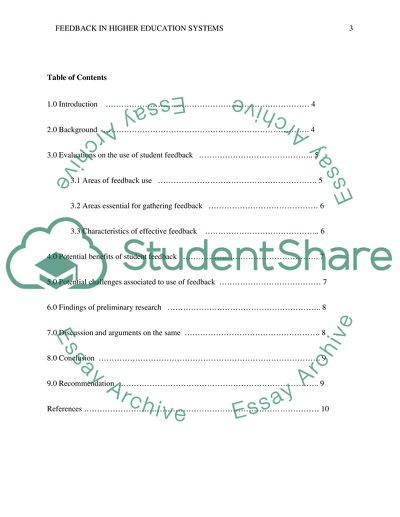Cite this document
(“Report Essay Example | Topics and Well Written Essays - 1500 words - 5”, n.d.)
Retrieved de https://studentshare.org/english/1497186-report
Retrieved de https://studentshare.org/english/1497186-report
(Report Essay Example | Topics and Well Written Essays - 1500 Words - 5)
https://studentshare.org/english/1497186-report.
https://studentshare.org/english/1497186-report.
“Report Essay Example | Topics and Well Written Essays - 1500 Words - 5”, n.d. https://studentshare.org/english/1497186-report.


